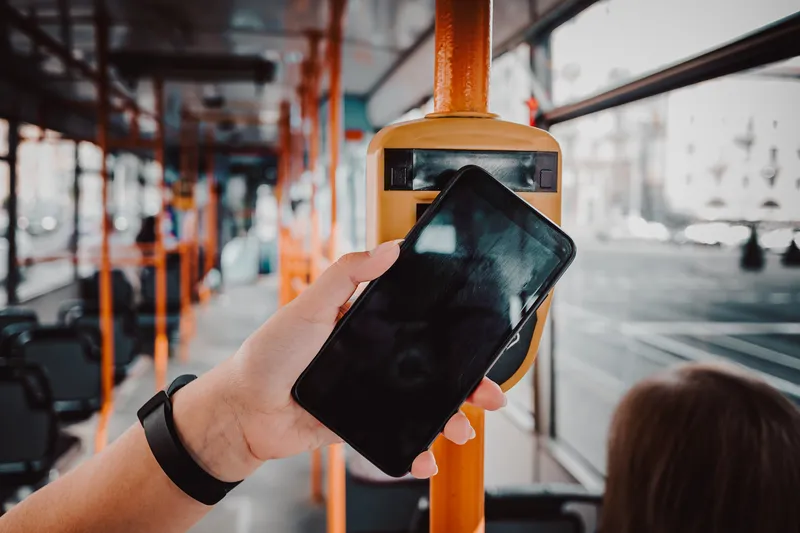The survey also revealed that 46% of US and 52% of UK participants have security concerns on viruses or malware and an almost combined 40% of both respondents claimed that data security features would be the most important thing to consider when purchasing a CC.
A quarter of both respondents are much more concerned about the overall security of CCs compared to five years ago.
These findings came second only to home security cameras and video-enabled doorbells, such as the ISmartAlarm home security system, which showed over 60% of both respondents thought it was the most vulnerable internet-connected device to hacking.
John Grimm, senior directory security strategy, Thales eSecurity said: “As adoption of connected cars and development of autonomous, self-driving cars soars, there is a tremendous business opportunity for automakers. However, with more connectivity comes new pathways for cyber attacks and our research shows that 60% of UK respondents are more concerned about the security of connected cars now vs. five years ago. While we’re starting to see IoT and connected car regulatory frameworks in the UK, manufacturers across the world should proactively consider these consumer concerns as they get ready to bring these cars to our streets instead of waiting for laws and regulations to pass.”
US and UK Respondents call for stricter data security regulations for Connected Cars
Over 40% of both 1,000 US and UK adult consumers who took part in a new study feel that the government should apply stricter data security regulations for connected cars (CCs), according to Thales’ E-Security IoT Survey. A combined 60% of both respondents believe that CCs pose security concerns with integrity and malfunctions at the top of the list of apprehensions when asked to identify internet-connected devices which they felt were most vulnerable to hacking.
November 28, 2017
Read time: 2 mins
Over 40% of both 1,000 US and UK adult consumers who took part in a new study feel that the government should apply stricter data security regulations for connected cars (CCs), according to 596 Thales’ E-Security IoT Survey. A combined 60% of both respondents believe that CCs pose security concerns with integrity and malfunctions at the top of the list of apprehensions when asked to identify internet-connected devices which they felt were most vulnerable to hacking.









